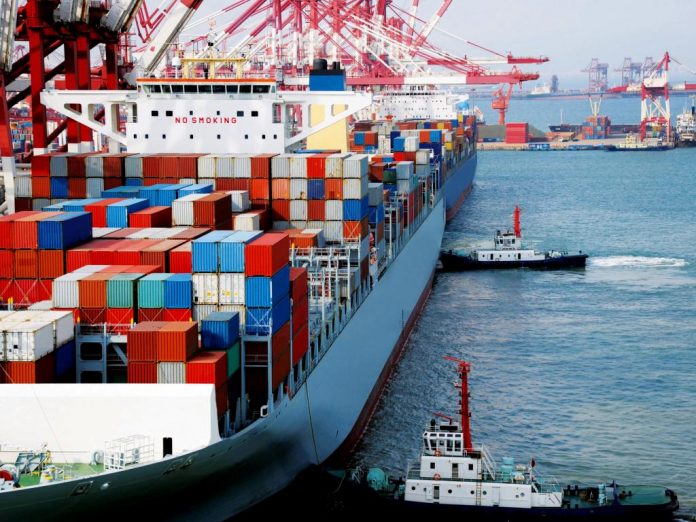Ever heard of the term, palletization? It is a method of storing and transporting goods stacked on a pallet and shipped as a unit load. It permits standardised ways of handling loads with equipment like forklift trucks. The Nigerian government is reported to have adopted the new policy on cargo palletisation. But experts warn that it could rob the economy of over N500 billion yearly and send importers to the ports of neighbouring countries.
The Minister of Finance, Kemi Adeosun, had said the new import-export policy, which began on January 1, would aid manual examination of consignment, “while the country awaits the acquisition and installation of functional scanners at the seaports and land borders.” Importers and other stakeholders, however, expressed dissatisfaction with the move, saying it would result in higher costs.
Additional cost incurred on imported goods is expected to deplete the nation’s foreign reserve, given the fact that Nigeria’s import is still higher than its export. Importers and some manufacturers would also be compelled to spread the excess cost on the prices of commodities in the domestic market.
It is said that the cheapest pallet (wooden) costs between $5 and $10 apiece and requires special treatment, which could cause delay. The plastic variant costs between $10 and $15 apiece. There had been reports that the policy has been suspended. The Executive Secretary, Nigerian Shippers Council, Hassan Bello, however, confirmed: “Palletisation is not suspended. It has already started and there is no going back.” He added: “The concerns of stakeholders would always be noted and we will ensure that some of the issues are addressed.”
But the President, National Association of Government Approved Freight Forwarders (NAGAFF), Increase Uche, said the policy posed a threat to importers and the entire industry and therefore needed an urgent reversal. He said: “Palletisation is a global shipping phenomenon. But Nigeria is not ripe to incorporate that in our shipping laws because of the low volume of cargoes. We don’t have vessels. The scanners are not working. You will discover that the ports’ access roads are in a very sorry state and the ports are not efficient. In fact, there are many issues beckoning on the government to have a rethink, because cargoes that are meant for Nigeria are now being diverted to neighbouring countries.
“There will also be reduced use of containers, as people might resort to cars, buses and trucks to bring in cargoes. Nigeria will suffer depletion of foreign reserve, if palletisation is allowed to continue. This is because cargoes to be freighted in one container will now be split into two or three, and importers will need to pay three times the original cost of freight, automatically affecting our foreign reserve.”


















